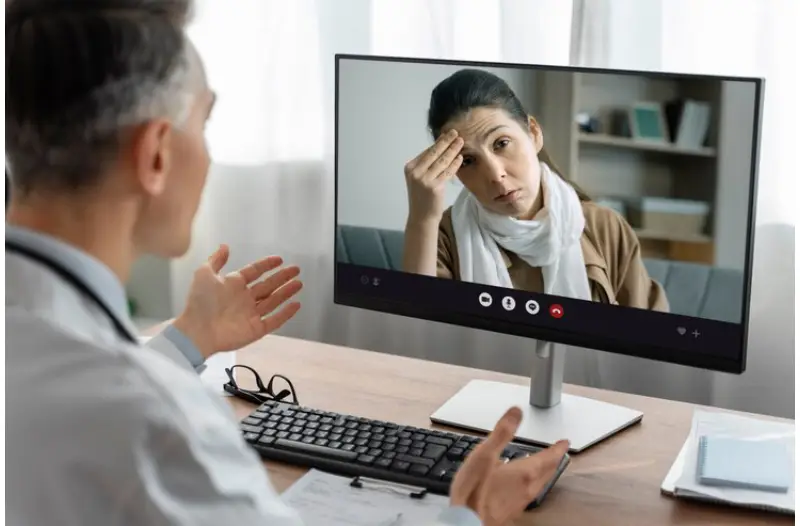
How Digital Mental Health Support Is Changing Care?
Digital mental health platforms are making therapy and support accessible to people in remote areas or those who can’t afford traditional services. With just a smartphone or laptop, individuals can now connect with certified professionals, attend sessions, or use AI-based tools—breaking down long-standing barriers in mental healthcare access.
Flexibility Has Made Support Easier To Commit To
With busy schedules and life demands, many struggle to maintain regular therapy appointments. Digital solutions offer flexibility, allowing users to schedule sessions outside of traditional hours or check in via messaging. This on-demand model makes Mental health counseling online care more adaptable to real-life routines.

AI-Powered Tools Are Enhancing Self-Help Options
Apps that use AI are now providing daily check-ins, mood tracking, mindfulness reminders, and personalized coping exercises. These tools offer real-time support, especially during low moments between therapy sessions. For many, these AI companions serve as a first step or ongoing reinforcement for managing mental health.
Anonymity Is Reducing The Stigma Of Getting Help
Digital platforms allow people to seek help without having to walk into a clinic. The option to remain anonymous or use aliases has encouraged many to open up who would otherwise stay silent. This new layer of privacy is shifting perceptions around mental health care, especially for first-timers.
Youth Engagement Has Increased Through Familiar Channels
Younger generations are more likely to use digital platforms than traditional clinics. By meeting them where they are—on their phones and online—digital mental health support has opened up early intervention opportunities. Gamified therapy, chatbots, and virtual therapy rooms are creating spaces where young users feel comfortable and seen.
Hybrid Models Are Strengthening Traditional Therapy
Rather than replacing in-person sessions, digital tools are enhancing them. Many therapists now combine video sessions with app-based journaling, mood tracking, or virtual homework. This hybrid approach creates continuity between sessions, helps therapists monitor progress in real time, and gives clients more tools to heal.
Real-Time Crisis Support Is More Readily Available
Many digital platforms now offer chat and call options for mental health emergencies. This instant availability can be life-saving for someone in crisis, removing wait times and geographic barriers. It also eases pressure on overwhelmed emergency services by providing another option for urgent care.
Conclusion
Digital mental health support is transforming the way care is delivered—making it more accessible, personalized, and flexible. From AI-powered tools to virtual therapy rooms, it’s opening new doors for people who might’ve never sought help before. As technology evolves, the future of mental healthcare looks more inclusive, immediate, and empowering.



